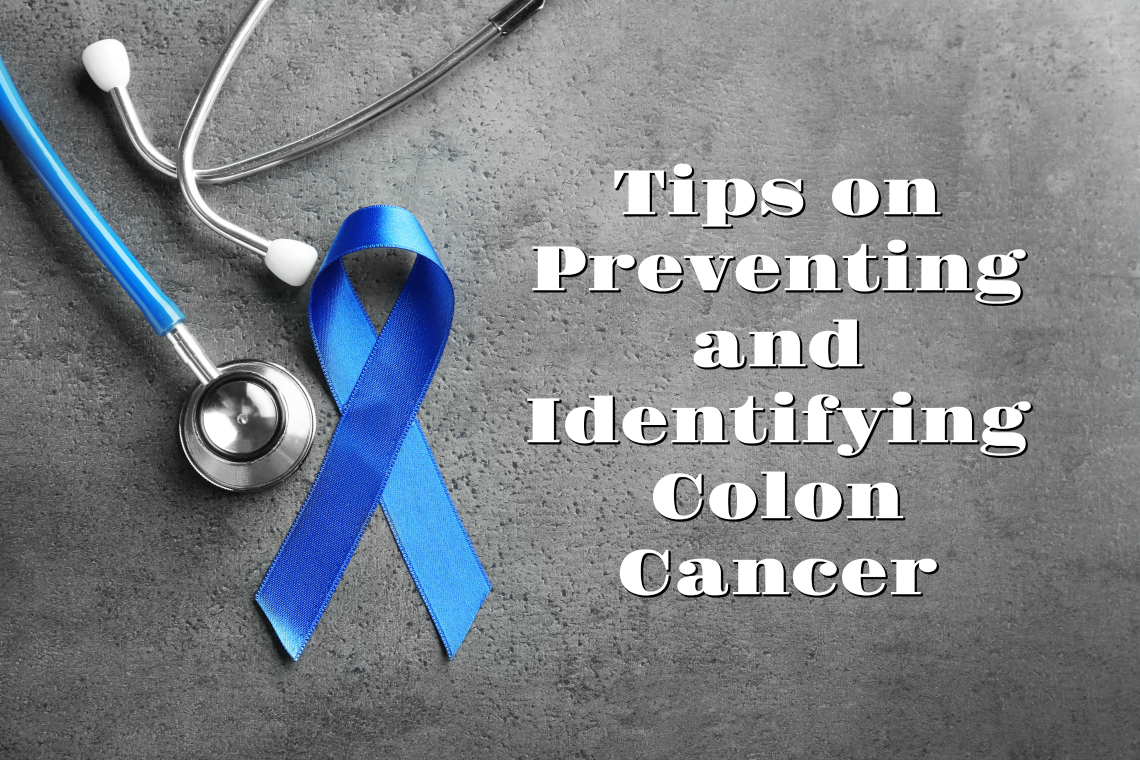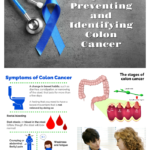
My husband is creeping up on his 50th birthday, and one of the things he is dreading the most about reaching this age, is having a colonoscopy. I think most of us fear the thought of pain associated with this particular procedure, being embarrassed, and worried about the results. Since I am not too familiar with Colon Cancer, I was thrilled at the opportunity to speak with two Gastroenterology physicians of Kaiser Permanente Orange County, Dr. Jeffrey Rauch, and Dr. Louis Hernandez, who shared their thoughts on how to prevent and identify colon cancer.
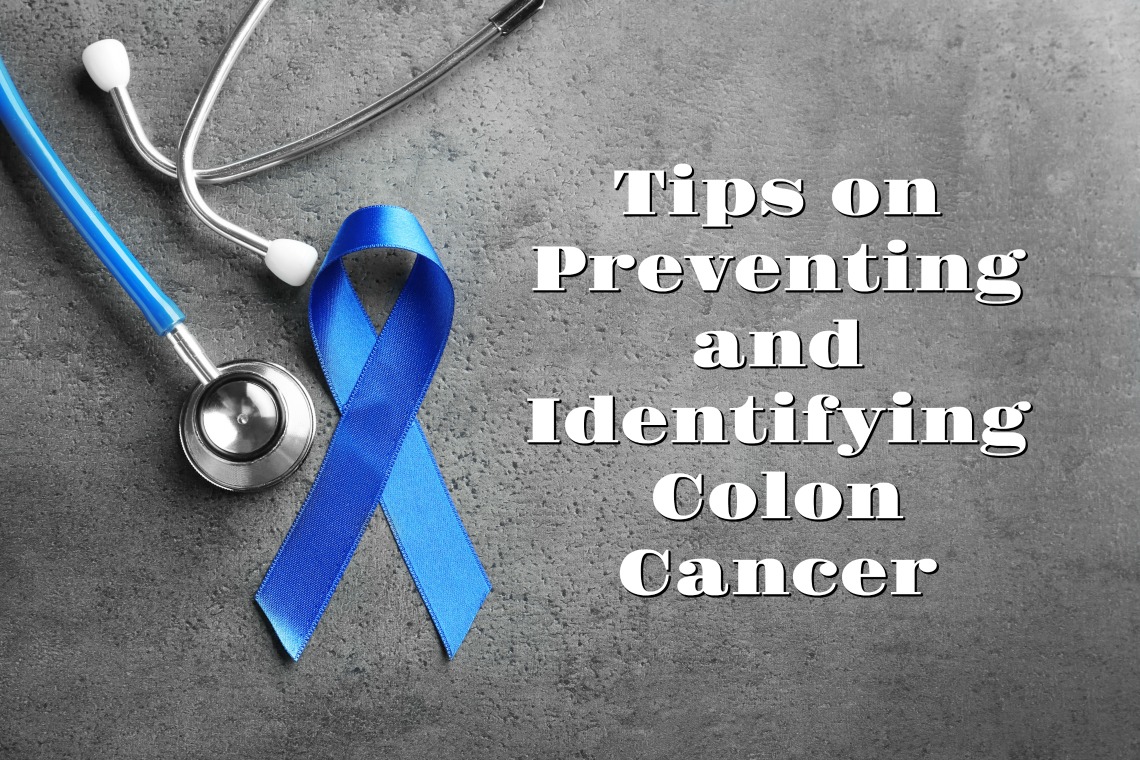
Dr. Rauch shared that colon cancer is a tumor that arises from the colon, more specifically, in the large intestine. If not addressed early, it has the ability to result in the death of the patient. However, if it is caught in early stages, it is quite treatable.
Signs or Symptoms that someone may have colon cancer include:
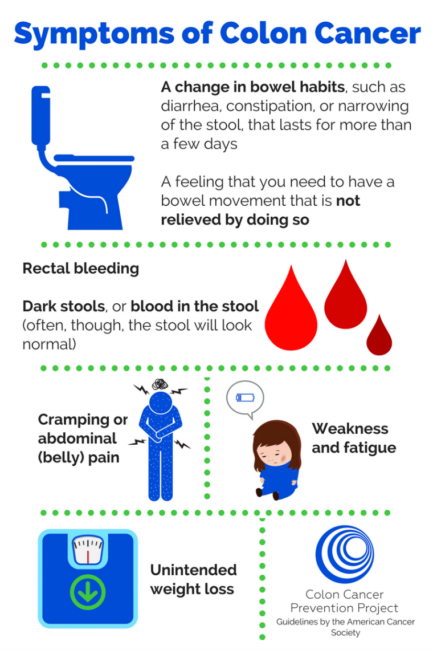
Determining if you have colon cancer:
Many times, a patient may not present with the above symptoms, however that doesn’t mean they do not have colon cancer. There are several ways to determine, if in fact you have colon cancer. The most accurate procedure is a colonoscopy. The doctor uses a
colonoscope that assists them in examining the colon and large intestine for any abnormalities. If a patient requests less invasive option because they are uneasy about a colonoscopy, the patient may opt for a sigmoidoscopy, a CT colonography, or can submit a stool sample for a stool test. If the results come back positive, the next step will be a colonoscopy to confirm the diagnosis.
Average Screening Starts at age 50:
A physician will determine the age an individual begins screening for colon cancer. For an average person without a family history, screening is recommended at age 50 (African American, age 45). If there is a family history of colon cancer, a physician will typically recommend screening 10 years before family member was diagnosed. While I had a friend diagnosed at the age of 36 years old, it is very rare to be diagnosed before 40 years old.
For each patient, colon cancer screening and the approach is individualized based on test findings and family history:
- 10 years between screenings: If a patient does not have a family history of colon cancer, and the results of their colonoscopy are normal or show only 1 or 2 small polyps, their physician may recommend a return visit in 10 years for their next screening.
- 1 year, 3 years or 5 years: If during a colonoscopy exam, the physician discovers polyps, they may recommend the patient return in 1 year, 3 years or 5 years for
for their next screening. - Genetic syndromes may warrant annual screening – If a patient has a familial colon cancer syndrome, their physician may recommend annual screenings starting from about 10 years prior to the age their family member presented colon cancer.
Family History of Colon Cancer:
If you have a family history of colon cancer, a physician may recommend screening begin at an earlier age, and may also request returning each year, every three years, or every 5 years for re-tests. Dr. Hernandez shared statistics that less than 5% of patients diagnosed with colon cancer have a definable genetic component that is related to someone. Therefore, 95% of diagnosed colon cancer does not have a family component. The data suggests that colon cancer diagnosis is more sporadic and that an individual’s diet or environment may be be a component in contracting the disease.
Prevention
To reduce the risk of getting colon cancer, physicians recommend:
- No Smoking
- Limit alcohol
- Eating high fiber foods, whole grains, and vegetables
- Eat healthy fish like salmon
- Add calcium and vitamin D to your diet
- Reduce intake of fats and oils
- Minimize or avoid red meat and pork
- Cut back on charcoal or broiled foods
- Stay active, exercise regularly
- Keep body weight at a normal, healthy range
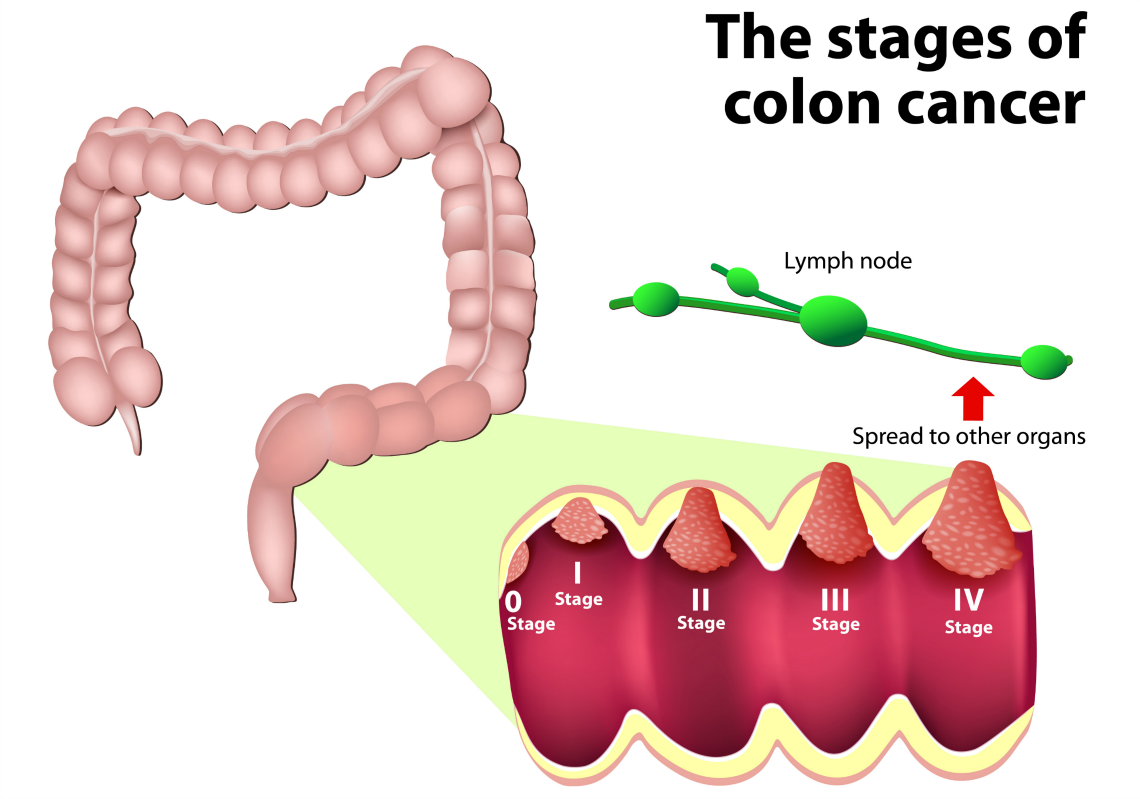
Stages of colon cancer
As shown above, there are 4 stages of colon cancer:
- Stage 0 – 1: The cancer is local to the colon and has not yet spread out to other areas of the body. Many times, those patients are treated with surgery after it is discovered by a colonoscopy. The cancer is resected and the patients return for annual exam, then 3 years and 5 years for re-check colonoscopy to ensure that the cancer has not returned.
- Stage 2 – 3: The cancer has spread locally. At this stage, the patient will need surgery plus chemotherapy or radiation therapy to ensure the cancer is gone. Then patients return for annual exam, then 3 years and 5 years for re-check colonoscopy to ensure that the cancer has not returned.
- Stage 4: The patient has metastatic colon cancer, which means it has spread to other areas of the body. These patients are eligible for palliative chemo therapy to keep the cancer in check as much as possible.

Both Dr. Rauch and Dr. Hernandez stressed following recommended guidelines and have a colonoscopy at age 50, unless your physician suggests an earlier examination. Be sure to seek out a physician who is well versed in Gastroenterology and knows what to look for.
A health care provider like Kaiser Permanente Orange County and their physicians, go beyond simply offering health insurance coverage. They become a families’ health care partner. Whether explaining the nitty-gritty on how to read plan coverage, to sharing what to expect at doctor’s visits, they’re a great source of information for families. My favorite feature about being Kaiser Permanente member is the ability to select from many services such as: primary and urgent care, emergency facilities, labor and delivery, pharmacy, and lab all housed under one roof. The ability to choose your own doctor based on their specialty is an added bonus. It is so easy to stay on top of appointments, lab results and being able to contact physicians through kp.org. Find out more today at: kp.org/orangecounty.
Connect with Kaiser Permanente via social media, visit Facebook or Twitter.

